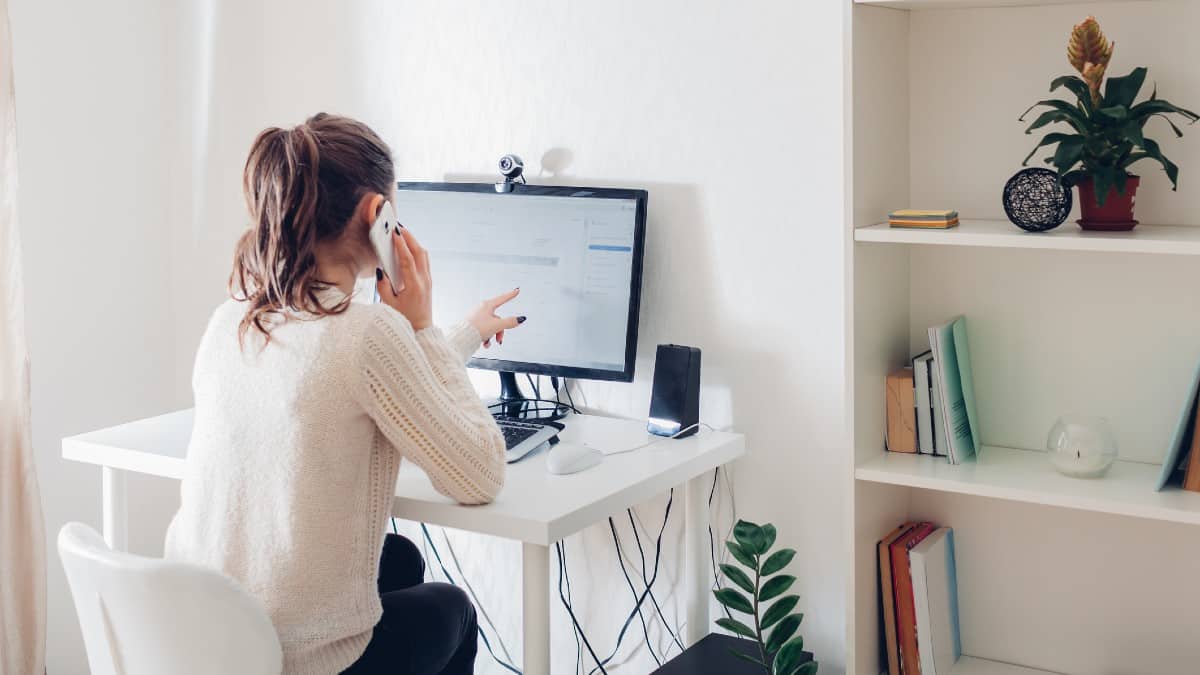If you want to start a business, sole trading is an option. But what does it mean to be a sole trader in business, and how do you get started? Let’s break down everything you need to know.
What is a sole trader?
A sole trader is a self-employed person who owns and runs their business alone. There’s no legal ‘distinction’ between a sole trader and their business – in other words, they’re one and the same.
- If you’re a sole trader, you’re in complete control of the business, and the profits are all yours (after tax, of course).
- The downside? You’re personally responsible for any expenses and losses since you ‘are’ the business.
As a sole trader, you have a few responsibilities. You must:
- pay Income Tax and National Insurance contributions (NICs)
- complete a self-assessment tax return every year
- keep records of all your business activity, including sales, expenses, and losses
- register for VAT if your turnover exceeds £85,000
On the whole, there’s less paperwork involved than if you set up as, say, a limited company or a partnership. However, the main downside is being personally responsible for business losses.
Who can become a sole trader?
If you’re self-employed, you can register as a sole trader. There’s no minimum age limit, although you might find it harder to secure business financing if you’re under 18.
- You should register as a sole trader once you start trading.
- If you earn £1,000 or more as a sole trader in a given tax year, you must register with HMRC. That’s because you pay tax on gross earnings over £1,000.
Even if you don’t earn much from sole trading, it’s best to register with HMRC anyway. For example, you can’t claim certain benefits unless you pay Class 2 NICs, and you won’t pay them unless you set up a self-assessment account.
Am I a sole trader if I’m self-employed?
No, but it’s easy to confuse the two.
- If you’re self-employed, you work for yourself. It’s up to you how you structure your business.
- You can choose sole trading as your business structure.
In other words, just because you’re self-employed doesn’t mean you’re a sole trader. Some examples might make this clearer:
- A beautician rents a chair in a salon. She’s self-employed and pays her own taxes, but she didn’t set up as a sole trader.
- An electrician runs his own business and works for himself. He’s not just self-employed – he’s registered as a sole trader.
So, self-employment just means who you work for – not how you work.
How do I get started?
It’s simple to get going.
- Register for self-assessment with HMRC.
- Choose a business name for sole trading. This can be your own name if you wish. You don’t need to trademark the name unless you want to stop other people from using it.
- Make sure you have a bank account set up. You can use your personal bank account, but you might find it easier to open a new bank account for business purposes.
- Think about how you plan to record your business activities. You could use accounting software or, if it’s a very small business, track your cash flow manually (e.g. using spreadsheets).
Check with HMRC if you’re not sure how to proceed.
Takeaway
So that’s what a sole trader business is and how to set up on your own. However, here’s something to bear in mind: sole trading is just one possible business structure, and it’s not for everyone. Before you get going, set out a business plan and think about what’s best for you in the long term.
And remember, you’re personally responsible for all business debts if you’re a sole trader, so there is risk involved. Always seek business or financial advice first if you’re unsure what’s right for you.







